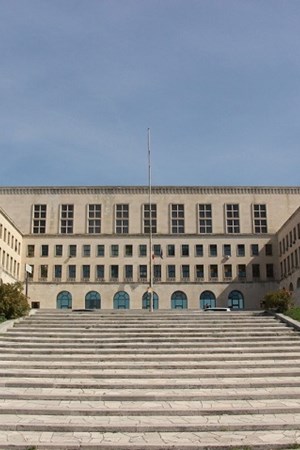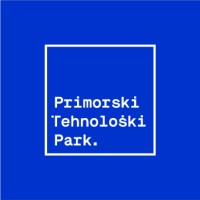


The Department of Chemical and Pharmaceutical Sciences (DSCF), which brings together almost all of the University's Chemistry professors-researchers, is oriented towards the development of all three missions of the University: teaching, research, relations with the territory and technology transfer. The Department is responsible for and organize all the activities related to the Bachelor's and Master's degree courses in Chemistry and five years courses in Pharmacy and Pharmaceutical Chemistry and Technology (CTF), all professionalizing and unique in the Region. It also coordinates the PhD Programme in Chemistry (joint with the Ca 'Foscari University of Venice) and support the PhD Programme in Nanotechnology. The research activity is divided into different areas ranging from the supramolecular chemistry and nanotechnologies, to the synthesis and structure of biomolecules, to sustainable and environmental chemistry, to design, synthesis and formulation of drugs, and to theoretical and computational chemistry, promoting research activities avant-garde science with scientific contacts at national and international level. Finally, the DSCF proposes itself as a cultural reference point both to promote the image and positive perception of chemical disciplines in society and as a support for research and all industrial and professional activities involved in chemistry in the FVG Region.
The Department of Engineering and Architecture (DIA) is a polytechnic community comprising about 100 engineers, architects and various scientists founded on the ability of providing solutions in education, research, territorial development, society and industry. With more than 2000 students and 13 different degree courses, the central mission of DIA is characterized by the formation of future generations, as far as industry and research are concerned, by the awareness of its responsibilities in the technology and research, and by valuing the plurality of disciplines present within the Department. With numerous research projects summing up to more than 10.000.000 euros, DIA promotes the production of knowledge, prepares students to become future professionals, it produces top quality research, translating ideas and scientific knowledge to industry and society. The use of sustainable development and enabling technologies as solutions to societal and economical challenges is a key value on which DIA activity is founded, as well as the impact of excellent scientific and technological research on social and productive territorial contexts.
To support the research covering a variety of chemistry research field the DSCF has several labs equipped with the state-of-the-art instrumentation for the synthesis, purification, characterization of molecular compounds, supramolecular, bio inspired, biological, nano- and nanostructures materials. Among others: NMR lab equipped with a multinuclear, variable temperature, 400 and 500 MHz. The 400 MHz instrument is equipped with a robotic sample changer with a capacity of 50 samples. Mass spectrometry lab with microTOF-Q – Bruker, Esquire 4000 – Bruker and HCTultra – Bruker. DSC, TGA, ATR-IR, AFM, Zetasizer Nano ZS, NanoSight, fluorimeter, UV-Vis-NIR, PCR, Raman, CEM Discover® SP – Microwave Sythesizer, Jandel RM3000 – Electronic Four Point Probe (resistivity analysis) .
Moreover, researchers have access to the facilities within the University of Trieste such as SEM, TEM, and to the state-of-the-art facilities available at the Elettra synchrotron, which is nearby (10 minutes drive).
DIA has more than 30 different research infrastructures, including “heavy” laboratories with large instrumentation for materials, lasers, engines and various mechanical testing, as well as smaller laboratories (from chemistry to information technology). A Raman spectroscopy lab, a nanotechnology lab, an image processing lab, a photovoltaic lab, a materials characterization lab and a robotics lab are among the various infrastructures present in the Department.















